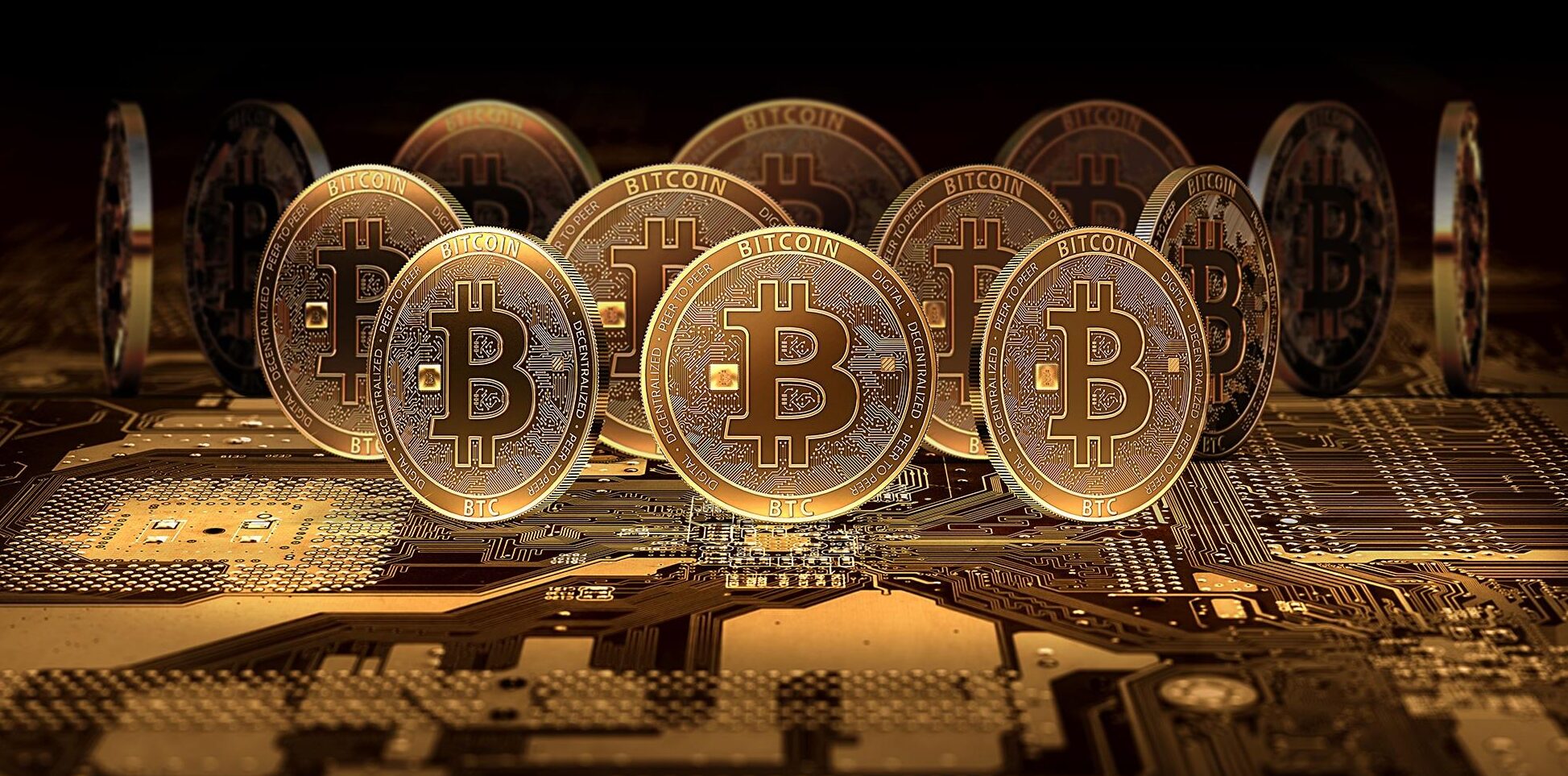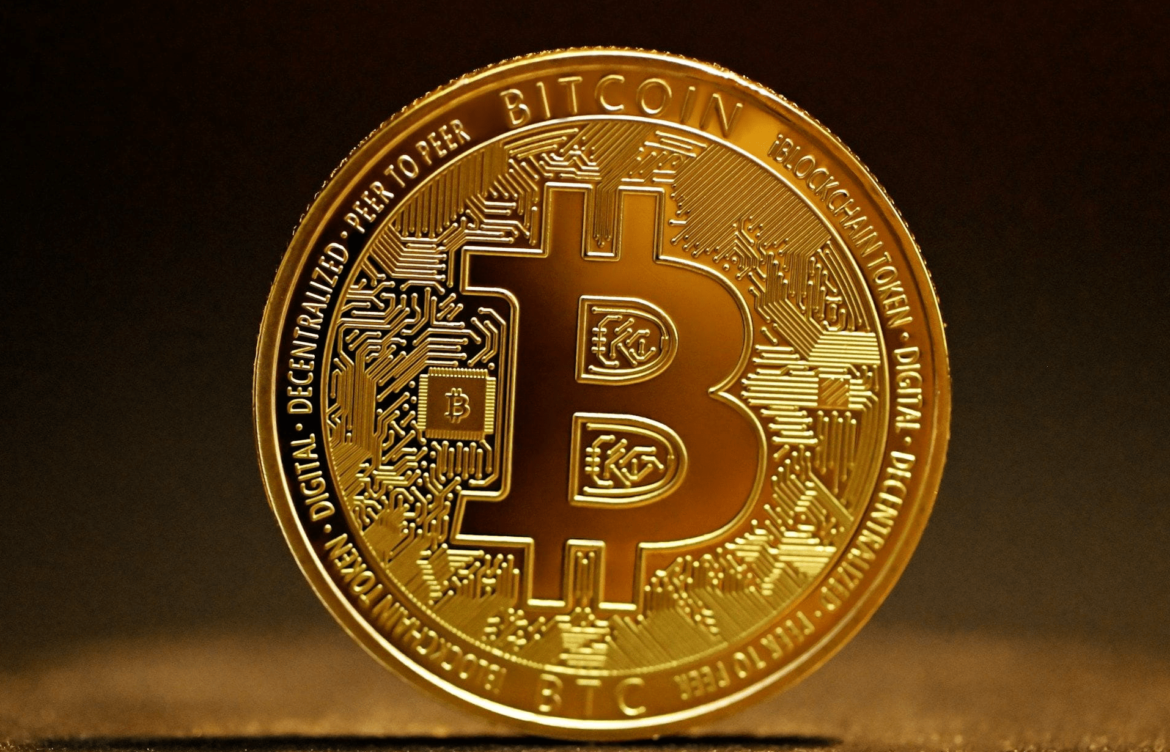“Bitcoin” signifies your alignment with a revolutionary movement in technology and finance, not merely a wordplay. At its heart, Bitcoin is about breaking free from traditional financial middlemen, changing the way value is transferred, and starting a decentralized economy. Bitcoin is still getting a lot of attention throughout the world and challenging long-standing institutions, whether it’s as a digital store of value or a decentralized way to trade. Satoshi Nakamoto, a mysterious person, started Bitcoin (BTC), the first cryptocurrency, in 2009. It came forth because of the 2008 global financial crisis, and its goal was to provide an alternative to fiat currency systems. In a digital environment that changes quickly, “Bitcoin” might mean different things, including identity, investment, or ideological commitment.
Bitcoin Blockchain and Mining
The blockchain is a public, unchangeable ledger that keeps track of all transactions. This is the first step in learning about Bitcoin and its blockchain technology. Bitcoin’s blockchain is decentralized and run by thousands of computers, or nodes, all across the world. This network is different from centralized systems run by banks or governments. Proof of Work (PoW) is a consensus technique that uses mining to check each transaction on the network. Miners use special technology called ASIC miners to solve hard cryptographic challenges and add new blocks to the chain.
They get new bitcoins and transaction fees in exchange. This procedure not only protects the network, but it also puts new coins into circulation at a set rate, which makes Bitcoin even more scarce. Bitcoin can only have 21 million coins, which makes it more appealing as a deflationary asset, frequently referred to as “digital gold.” More than 19 million bitcoins have already undergone mining, establishing it as a unique digital asset.
Bitcoin Adoption and Utility
Initially, Bitcoin was conceived as a method for individuals to electronically transfer money to one another. Now, it is a generally accepted way to retain value, especially when the economy is unstable. Bitcoin is a beneficial way to protect your wealth in nations where there is hyperinflation, capital controls, or shaky banking institutions. As they seek alternatives to unstable fiat currencies, people in Venezuela, Nigeria, and Argentina are increasingly using it.
 Two prominent figures, Michael Saylor of MicroStrategy and Jack Dorsey, the inventor of Twitter and Block, have openly endorsed Bitcoin as a superior long-term value store. More and more institutions are using Bitcoin, including big firms and funds like Tesla, BlackRock, and ARK Invest. Simultaneously, people are using Bitcoin to transfer money back home, particularly in regions with high fees and lengthy processing times. The Lightning Network, a Layer 2 scaling solution, has made Bitcoin easier to use by allowing transactions to happen faster and at a lower cost. This makes it more useful for everyday use.
Two prominent figures, Michael Saylor of MicroStrategy and Jack Dorsey, the inventor of Twitter and Block, have openly endorsed Bitcoin as a superior long-term value store. More and more institutions are using Bitcoin, including big firms and funds like Tesla, BlackRock, and ARK Invest. Simultaneously, people are using Bitcoin to transfer money back home, particularly in regions with high fees and lengthy processing times. The Lightning Network, a Layer 2 scaling solution, has made Bitcoin easier to use by allowing transactions to happen faster and at a lower cost. This makes it more useful for everyday use.
Bitcoin Regulation and Sustainability
Regulators all across the world have had to pay attention to it because it is so disruptive. Some countries, like El Salvador, have made Bitcoin legal tender, which means they accept it as payment. Some countries, like China, have gone so far as to outlaw mining and limit the use of cryptocurrencies. The Securities and Exchange Commission (SEC) in the United States is still looking into how to classify it and how it fits with securities laws.
The environmental impact of Bitcoin mining is a significant point of contention among various stakeholders. People who don’t like it say that its PoW process, which uses a lot of energy, is not sustainable. However, arguments against this point out that more and more mining companies are using renewable energy. Several mining companies are now working on being carbon neutral or green by employing wind, solar, and hydroelectric power. Even if there are still questions about how the law will treat it, the worldwide Bitcoin ecosystem is still growing. Decentralized exchanges, custodial services, and Bitcoin ATMs are making it easier to use than ever.
Bitcoin Philosophy and Community
Bitcoin lets people be their bank by giving them the option to store their money in hardware wallets like Ledger or Trezor or open-source wallets like Electrum. This financial freedom challenges established institutions and transforms individuals’ perceptions of money, privacy, and power. The cypherpunk movement, which supports technology that protects privacy and fights against monitoring, strongly believes in this idea.
 People often say that is the first real-world use of these ideas because it makes money that can’t be censored and works all over the world without borders. Reddit’s r/Bitcoin and other online communities, as well as well-known figures like Andreas Antonopoulos and Balaji Srinivasan, are still teaching, debating, and coming up with new ideas in this area. Their work shows how much culture and technology have evolved since it first came out.
People often say that is the first real-world use of these ideas because it makes money that can’t be censored and works all over the world without borders. Reddit’s r/Bitcoin and other online communities, as well as well-known figures like Andreas Antonopoulos and Balaji Srinivasan, are still teaching, debating, and coming up with new ideas in this area. Their work shows how much culture and technology have evolved since it first came out.
Final thoughts
Bitcoin’s influence in the world’s financial system is likely to grow in the future. The decrease would limit the supply of new blocks and may cause demand to rise because of scarcity. Meanwhile, improvements in smart contract interoperability, cross-chain bridges, and decentralized identification solutions could make it more useful and easier to use in Web3 environments. As countries look at Central Bank Digital Currencies (CBDCs), it offers a decentralized alternative that is based on openness and mathematical certainty instead of control. For many people, Bitcoin is more than just a personal statement; it represents a vision for the future of money.



